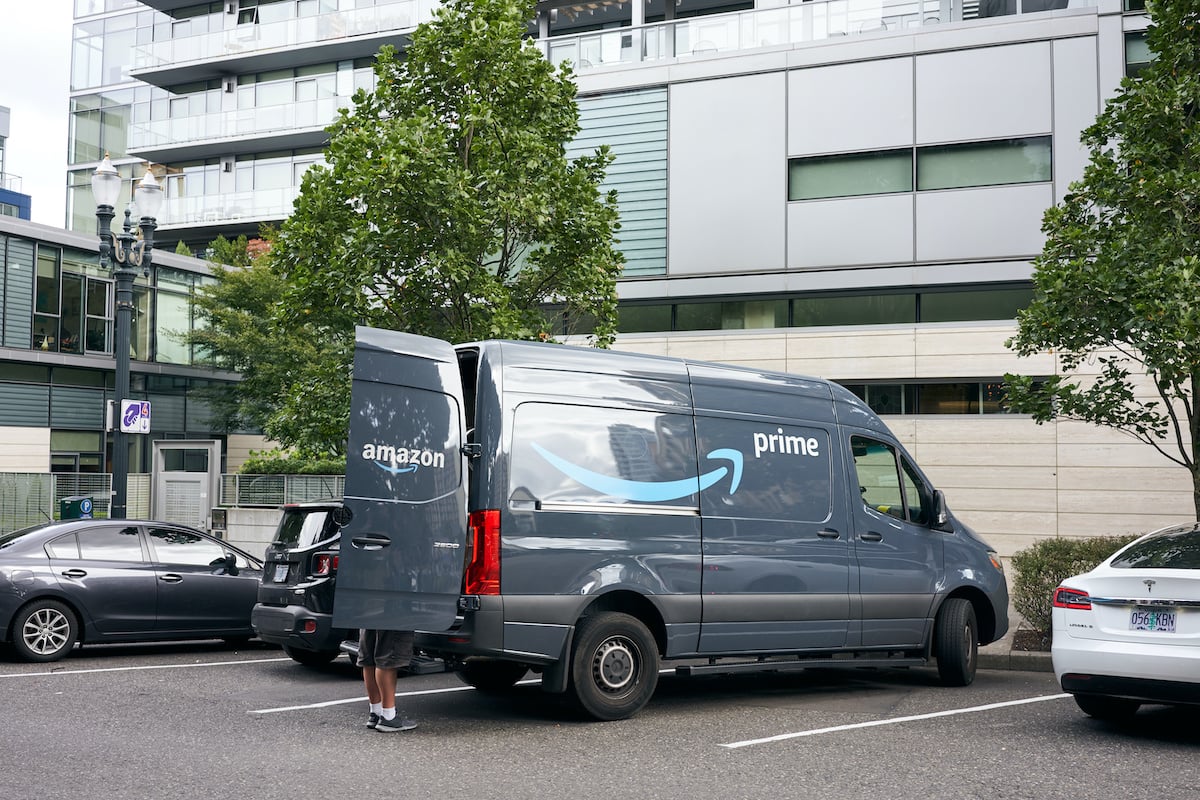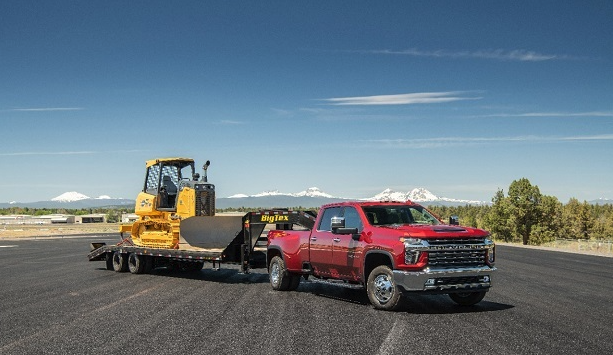Introduction:
Commercial auto insurance plays a crucial role in protecting businesses from the financial risks associated with vehicle accidents. While personal auto insurance covers individual drivers, there are specific circumstances where commercial auto insurance becomes necessary. In this blog post, we will explore when commercial auto insurance is required and why it is essential for businesses of all sizes.
Business-owned Vehicles:
- The primary situation where commercial auto insurance is required is when businesses own vehicles used for commercial purposes. Whether it’s a single delivery van or an entire fleet of trucks, if the vehicles are owned or leased by the business, they must be insured under a commercial auto policy. This coverage protects against property damage, bodily injury, and other liabilities resulting from accidents involving these vehicles.
Transporting Goods or People for Compensation:
- If your business involves transporting goods or people in exchange for compensation, such as a courier service, taxi company, or trucking business, commercial auto insurance is mandatory. Since these operations involve a higher level of risk due to frequent travel and passenger interaction, this specialized insurance provides coverage specific to these activities. It safeguards against liability claims, cargo damage, and injuries to passengers or third parties.
Heavy or Specialty Vehicles:
- Certain vehicles used for commercial purposes fall outside the scope of personal auto insurance policies. Heavy trucks, tow trucks, construction vehicles, and specialized equipment require commercial auto insurance due to their unique risks and usage patterns. These vehicles often carry substantial payloads or operate in hazardous environments, making them more susceptible to accidents and property damage. Commercial auto insurance offers tailored coverage options, such as comprehensive and collision coverage, specific to these vehicles’ needs.
Employee Usage of Personal Vehicles for Business Purposes:
- Even if your business does not own any vehicles, commercial auto insurance may still be necessary if employees use their personal vehicles for business-related activities. If an employee gets into an accident while running errands for the company or driving to a client meeting, the business may be held liable. Non-owned auto coverage, a component of commercial auto insurance, protects the business against potential lawsuits arising from these situations.
Conclusion:
Commercial auto insurance is a vital investment for businesses that own vehicles, transport goods or people for compensation, use heavy or specialty vehicles, or have employees using personal vehicles for business purposes. By understanding the circumstances where commercial auto insurance is required, businesses can safeguard their assets, mitigate liabilities, and ensure financial protection in case of accidents or unforeseen events.





